A couple of days ago, I posted on the complete failure of US authorities to vet the female half of the San Bernandino shooting team, Tashfeen Malik. Even though the K1 visa, the so-called finance visa, is portrayed as being one of the most rigorously vetted visas the US issues, Malik used a fake address in her application.
Now more information has come to light:
Several members of her family reportedly belong to the terrorist outfit Ahlay Sunnat Wal Jamaat – formerly known as Sipah-e-Sahaba (the Army of the Prophet’s Companions) – but there is so far no evidence that she was also an ASWJ member.
The fact that both the fake address and the family terrorism ties were discovered so easily indicates that even the most cursory background check on Malik would have discovered both. Up until last year, the family terrorism connection would have disqualified Malik from immigration. But the Obama administration changed the rules to permit people with known ties to terrorist groups to be admitted to the United States.
How does this happen? Let’s take a quick trip back to just August of this year:
In what the prosecutors had dubbed “one of the largest bribery schemes involving a foreign service officer in the history of the United States”, last week a court in Washington DC sentenced 44-year-old Michael T Sestak to 64 months in prison.
Sestak’s lawyer, Gray Broughton predicts he’ll be out of prison in a little over two years, telling Al Jazeera, “Michael Sestak is a good man who made a huge mistake.”
The career diplomat, decorated police officer, former US Marshall and a lieutenant commander in the US Naval Reserve, spent most of 2012 rubber-stamping visa applications at the US consulate in Vietnam’s Ho Chi Minh city, while a Vietnamese-American family funnelled him millions of dollars in bribes.
Prosecutors claimed that before being exposed by an informant , Sestak’s co-conspirators collected as much as $73,000 per visa, and that much of this money remains hidden overseas.
The OIG does not identify which groups are carrying out the fraud, but says they have a vast impact. The U.S. embassy in Kyiv estimates the groups are entering the names of as much as 80 percent of the population of western Ukraine into the online visa program, and continuing to enter them year after year. This happens often without the citizens’ permission or knowledge, preventing them from entering the visa lottery on their own because the computer system deletes duplicate applications.
The fraud rings then have access to the confirmation number assigned online to the visa applicants, so if the U.S. State Department grants a visa to one of the applicants, only the criminals can facilitate the process.
The OIG report says the criminals then contact the hundreds of Ukrainians selected and demand they sign a contract promising to pay up to $15,000 to get the confirmation number to pursue the immigrant visa application.
If the Ukrainian wants to pursue the visa but cannot afford the fee, the criminals may insist he or she enter a sham marriage with someone who wants to immigrate to the U.S. and has enough money to pay the fraud ring. The criminals might even demand the visa winner get a divorce from their actual spouse and get married to someone else willing to pay.
The extortion does not end when the visa is awarded and the Ukrainian moves to the U.S. According to the OIG, the criminal groups take control of the immigrant’s U.S. social security card and social security number for further exploitation. They also demand the new immigrants pay back the costs incurred by the fraud rings to get them to the U.S. Failure to pay, the OIG, says, has resulted in threats against relatives in Ukraine.
And there is the bland, Wonder-Bread-and-Velveeta incompetence and anti-Americanism endemic to the State Department to contend with.
To reiterate the point. Malik was processed under a “rigorous” vetting from a nation that is somewhat functioning. Her visa application was not affected by pressure from US media and the few allies we have left in the world. Yet, even tough she had terrorist connections and used a fake address her visa was approved. How much vetting do you think refugees living in camps in Turkey and the subjects of international sympathy will receive?


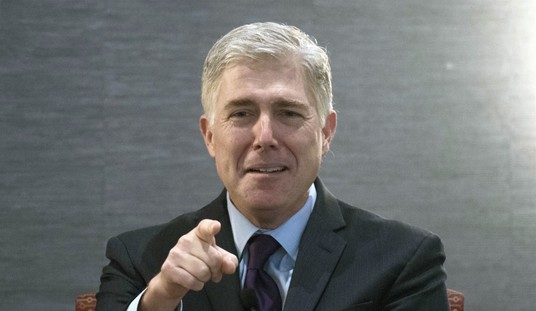
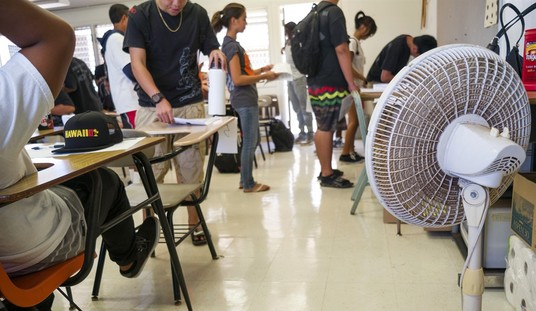





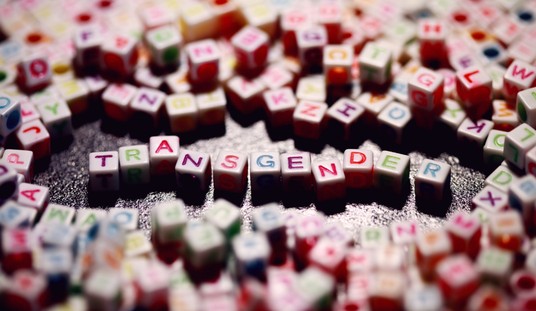
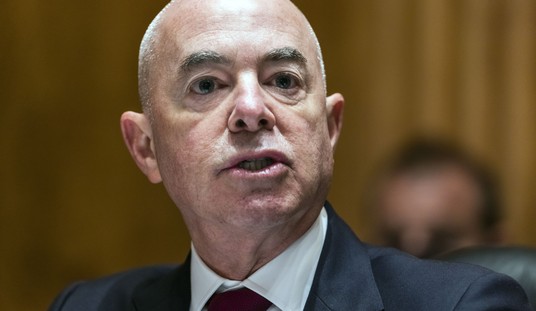

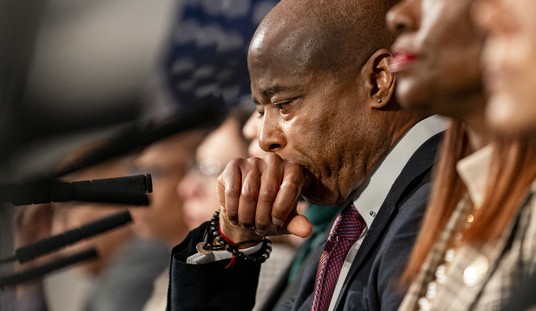

Join the conversation as a VIP Member